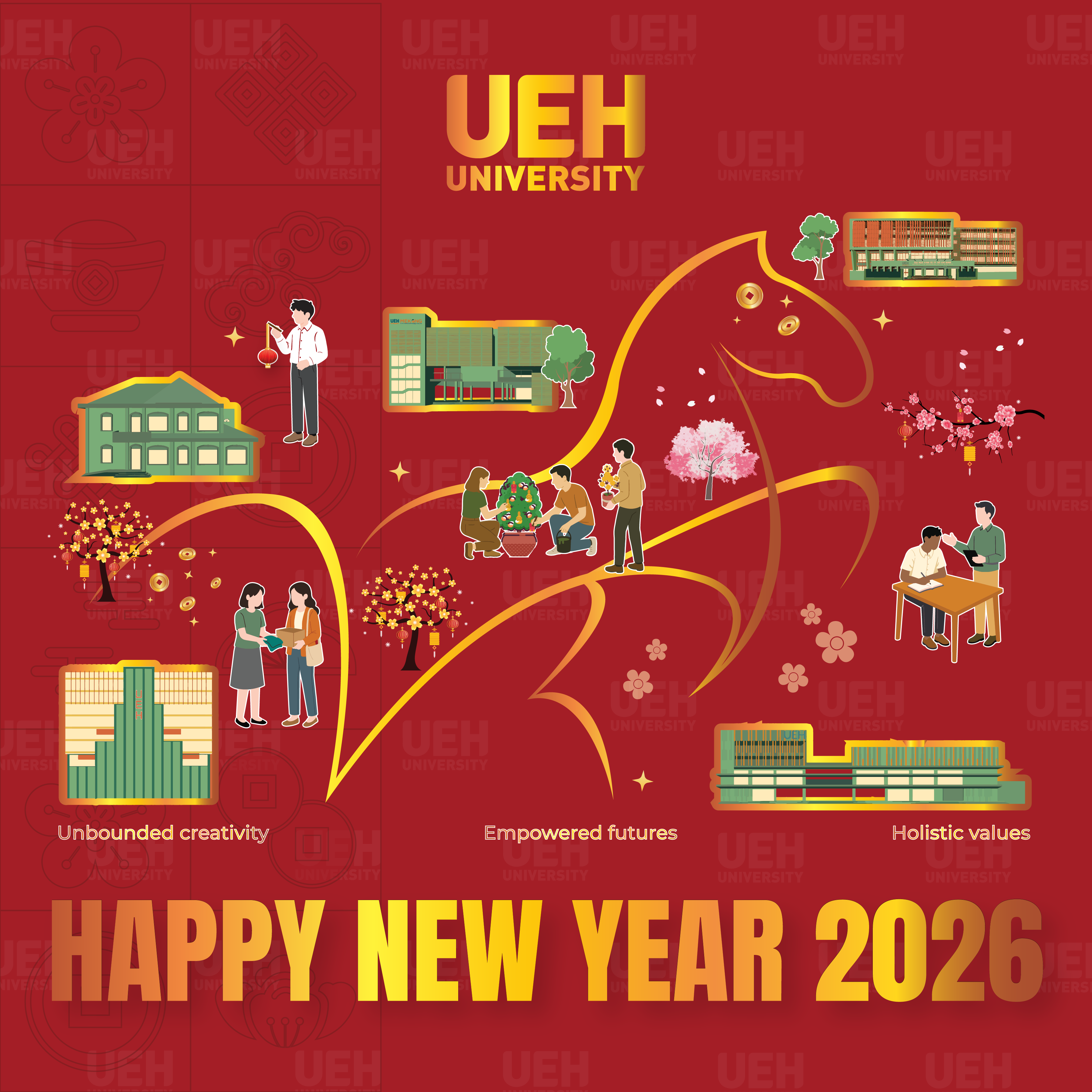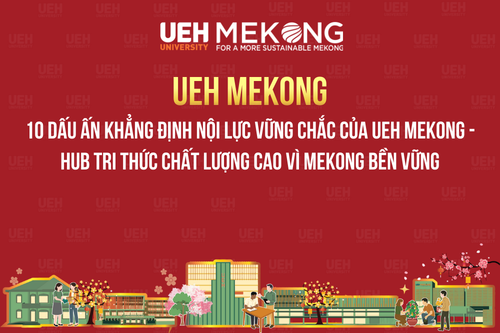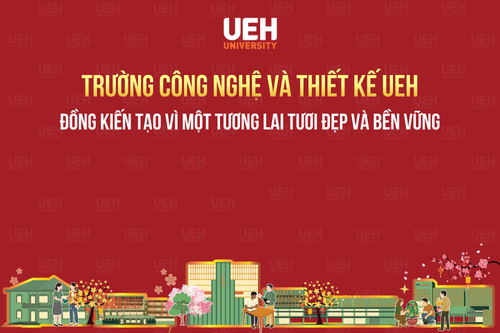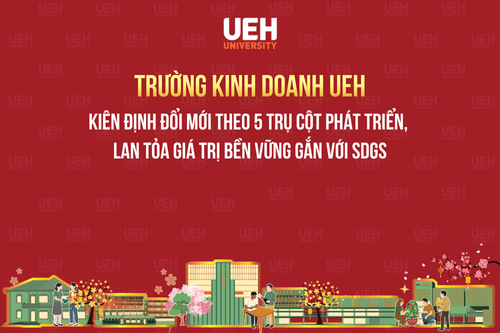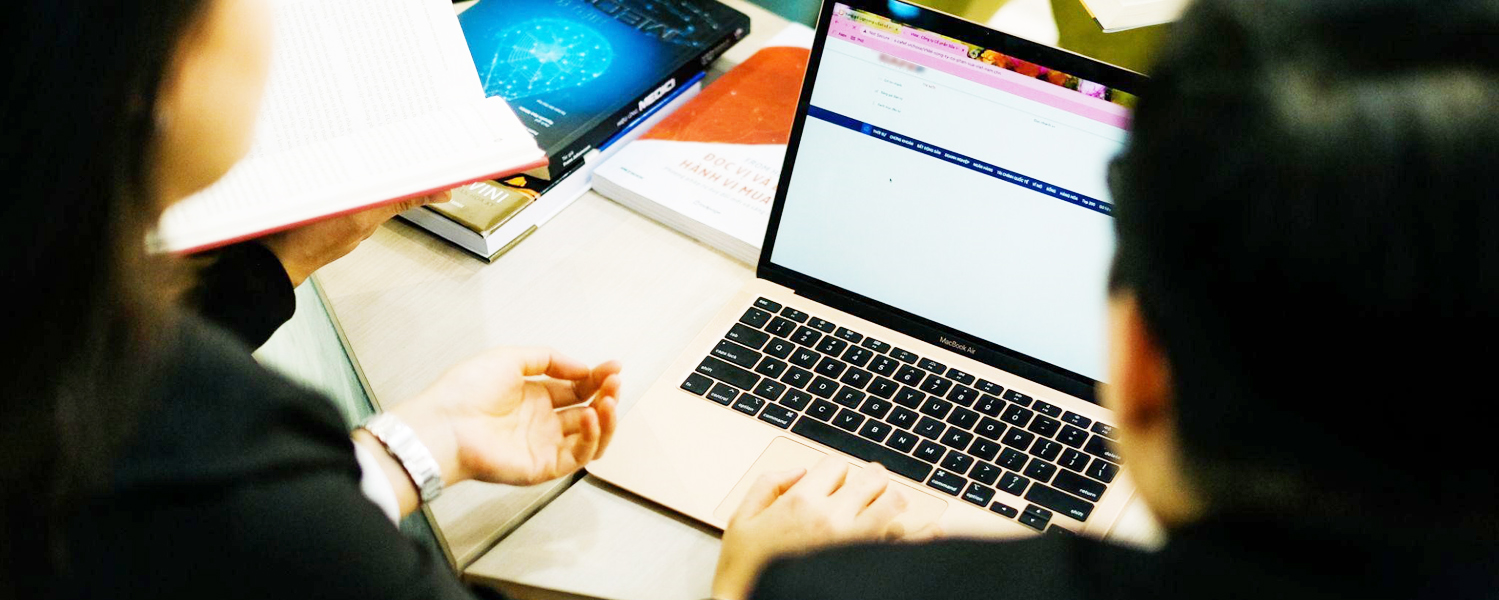
UEH expert: Vietnam should combine free and service vaccination
05 Jul, 2021
[VnEpress Newspaper] Vietnam should soon implement the expanded (free) vaccination mechanism and service injection for the Covid-19 epidemic in 2021, according to Dr. Pham Khanh Nam.
At a meeting on June 18, the National Steering Committee for Covid-19 Prevention and Control said that after vaccinating the priority groups, reaching herd immunity, the Ministry of Health will expand to free and serviced vaccination mechanisms
Agreeing with this proposal, according to Dr. Pham Khanh Nam (University of Economics Ho Chi Minh City),the Covid-19 vaccine is characterized as a "semi-public goods", users not only prevent disease for themselves but also help the community fight against the epidemic. Therefore, Vietnam's vaccine strategy of dividing into prioritized groups and providing free vaccination is correct.
However, beside the Expanded Program for Immunization, i, allowing the serviced injection mechanism will open more channels of access to vaccines and more options for people and businesses.
"Combining service and free vaccinations will stimulate businesses and local provinces to seek and diversify vaccine sources. This helps Vietnam solve the urgent needs of fast, aburdant vaccin and guarantee the long-term availability if it has to be repeated every year," said Dr. Nam.
"Recently, I conducted a small survey by directly interviewing 600 random people in Ho Chi Minh City, the results were 76% of total respondents agreed to pay 700,000 VND for two doses of Covid-19 vaccine".
Dr. Nam proposed that the current vaccine fund would be used to inject the frontline forces against the epidemic, the poor and the disadvantaged in society. Along with that, the Expanded Program for Immunization (free) and serviced injection should be started immediately, deployed at the same time as injection for priority groups. "In order to have herd immunity soon, we open all doors, any channel that has access to a vaccine of clear origin from the manufacturer at this time is valuable," he said.
.jpg)
Dr. Pham Khanh Nam (University of Economics Ho Chi Minh City). Photo: Character provided
Dr. Nguyen Xuan Thanh, lecturer at the Fulbright School of Public Policy and Management, suggested that the Government should establish and maintain two streams of vaccine imports from the State and the private sector. State-imported vaccines will be administered to priority population groups such as anti-epidemic forces, healthcare, military, police, people with underlying diseases, the elderly, and the weak... The other will be used for injecting employees in enterprisest.
Mr. Thanh noted, there should be a mechanism for businesses not to compete with the State in accessing, buying and importing vaccines. "That means the flow of vaccines from the State will still play a key role. Until the epidemic is repelled and society enters a normal state, the State will partially subsidize for expanded vaccination," he said.
He expects that businesses with foreign direct investment (FDI) or businesses in the global supply chain will have special relationships to buy vaccines.
.jpg)
Vaccination against Covid-19 at Pasteur Institute in Ho Chi Minh City, May 11. Photo: Huu Khoa
Dr. Nguyen Thu Anh, Director of Woolcock Institute of Medical Research, University of Sydney (Australia) also said that the State should maintain both forms, free injections and services, but must regulate and ensure public equal access to vaccines across population groups.
According to Dr. Thu Anh, while the pandemic is raging now, the State should still give priority to free vaccinations for people, to soon achieve herd immunity. "The expanded immunization program will include all vaccines the Government can afford," she said.
The expert worries that if the service is implemented, the source of vaccines imported to Vietnam will shift to private businesses, then the poor, vulnerable, rural and isolated areas will not be vaccinated. Thus, the epidemic will continue to spread without ensuring fairness "When injecting services, will people with higher incomes be vaccinated with a different vaccine (maybe better) than those with lower incomes? Will people who give the serviced vaccine get vaccinated before the priority group under Resolution 21?", Ms. Thu Anh raised a series of concerns.
From the above approach, Dr. Thu Anh said the injection service only serves a special group, for example, international students and business travelers who need to use vaccines early. "It is important for the Government to create a mechanism so that the serviced vaccine does not compete with the expanded vaccination program. Vaccination service is just one of the additional channels for the national vaccination campaign. Therefore, it will ensure fairness and soon achieve herd immunity", emphasized the expert.
In addition, Dr. Thu Anh also suggested the Government should mobilize private units to participate in the expanded vaccination program, which would be funded by the State. Currently, Vietnam has many vaccination units with good services. However, the Ministry of Health needs training, support to improve capacity and control to ensure safety.
.png)
Dr. Nguyen Thu Anh, Director of Woolcock Institute of Medical Research, University of Sydney (Australia). Photo: VT
To achieve herd immunity, Vietnam must vaccinate 70% of the population aged 18 and over, equivalent to 150 million doses. By June 20, the whole country had injected the Covid-19 vaccine to nearly 2.4 million people; more than 200,000 people received the second injection.
Author: Pham Khanh Nam - UEH School of Economics UEH.
Source: VnExpess
.jpg)

